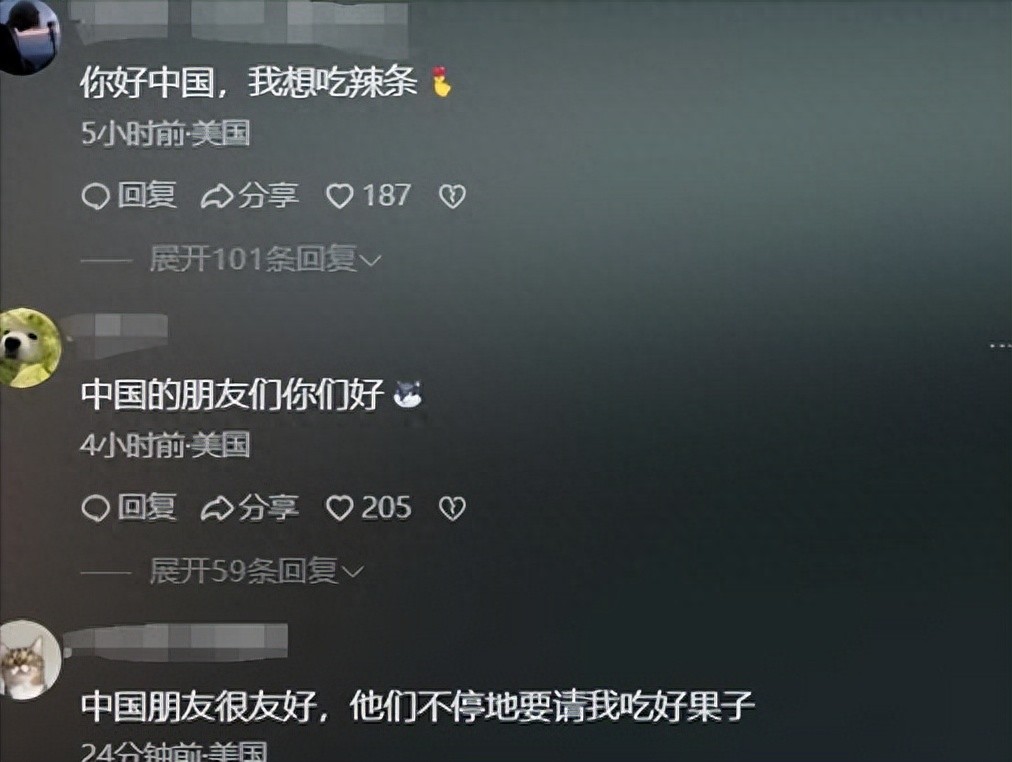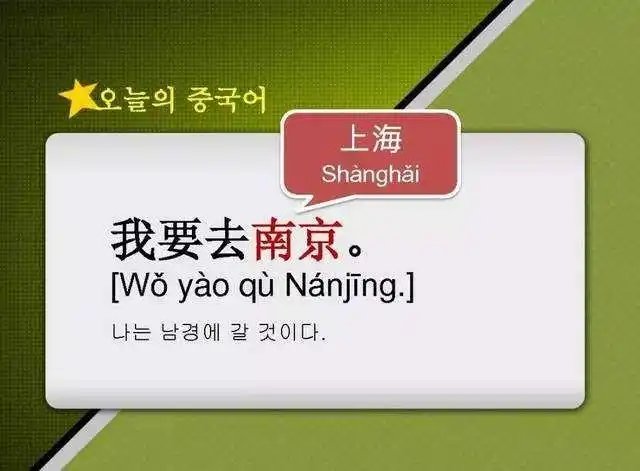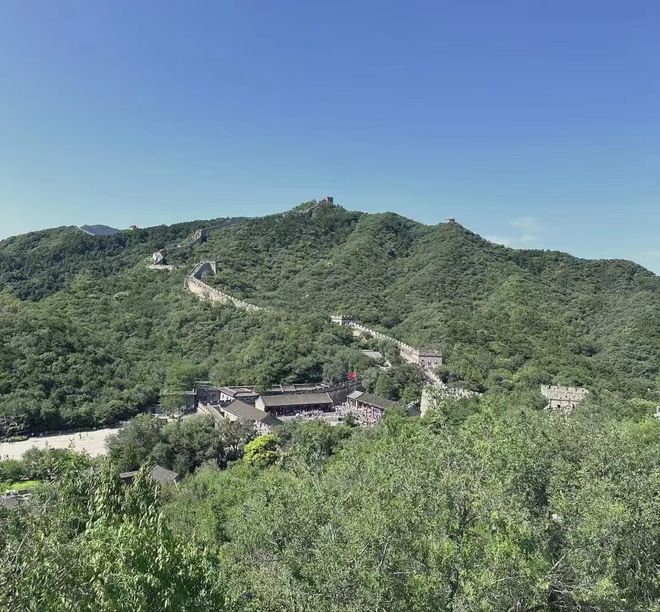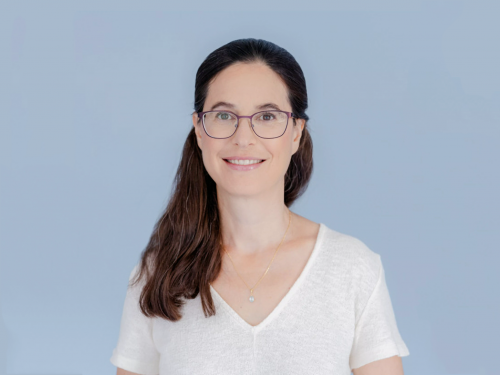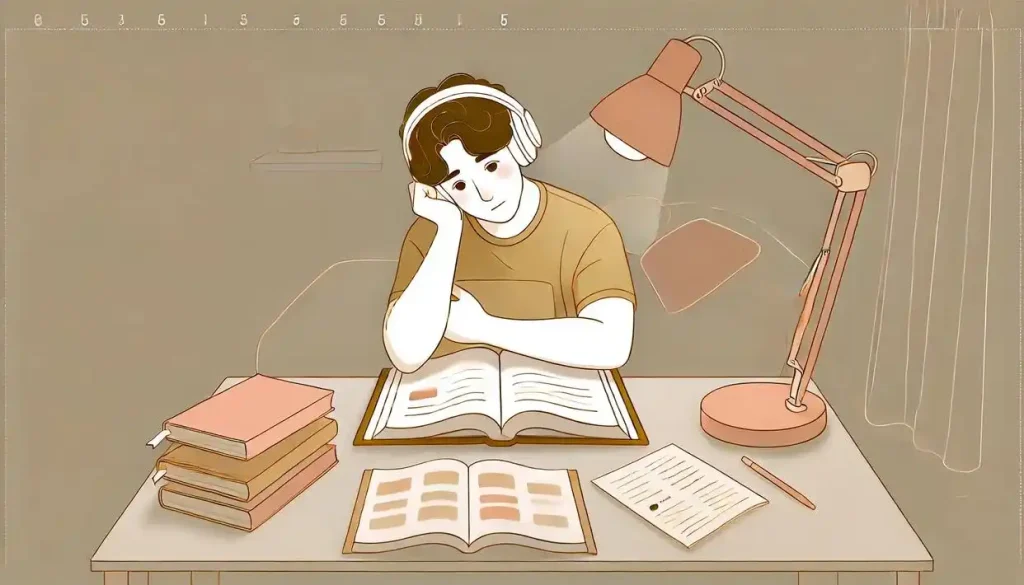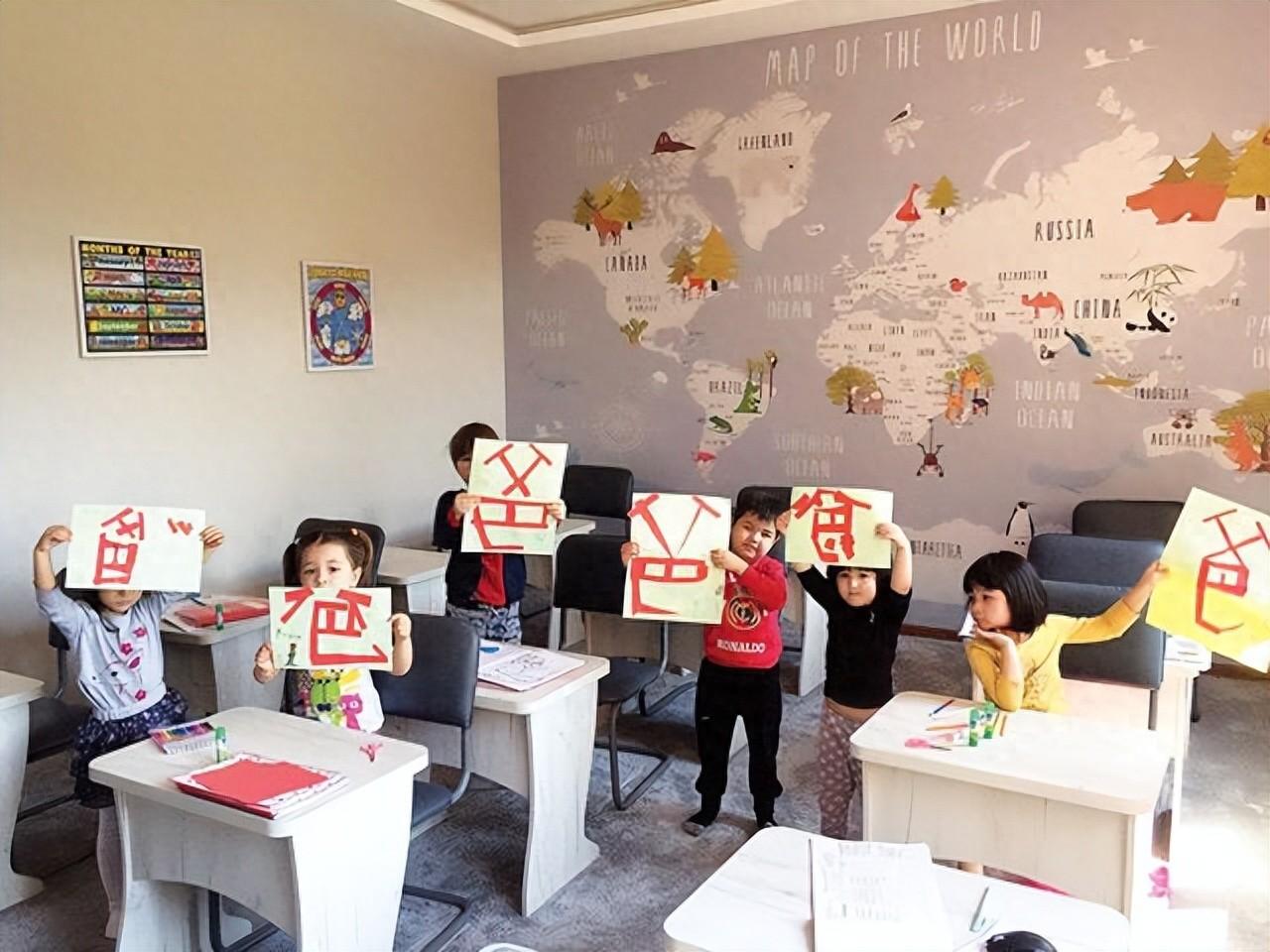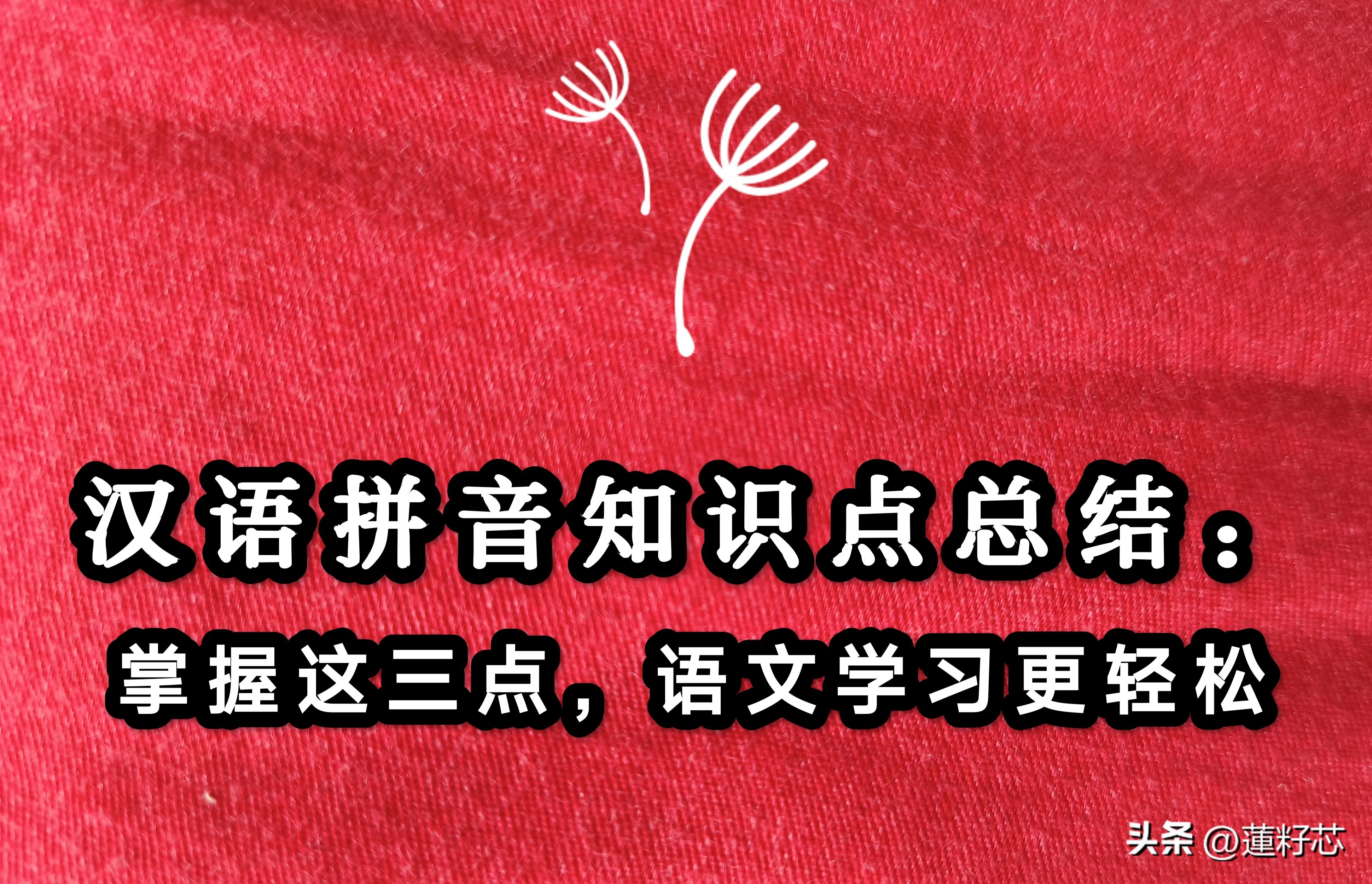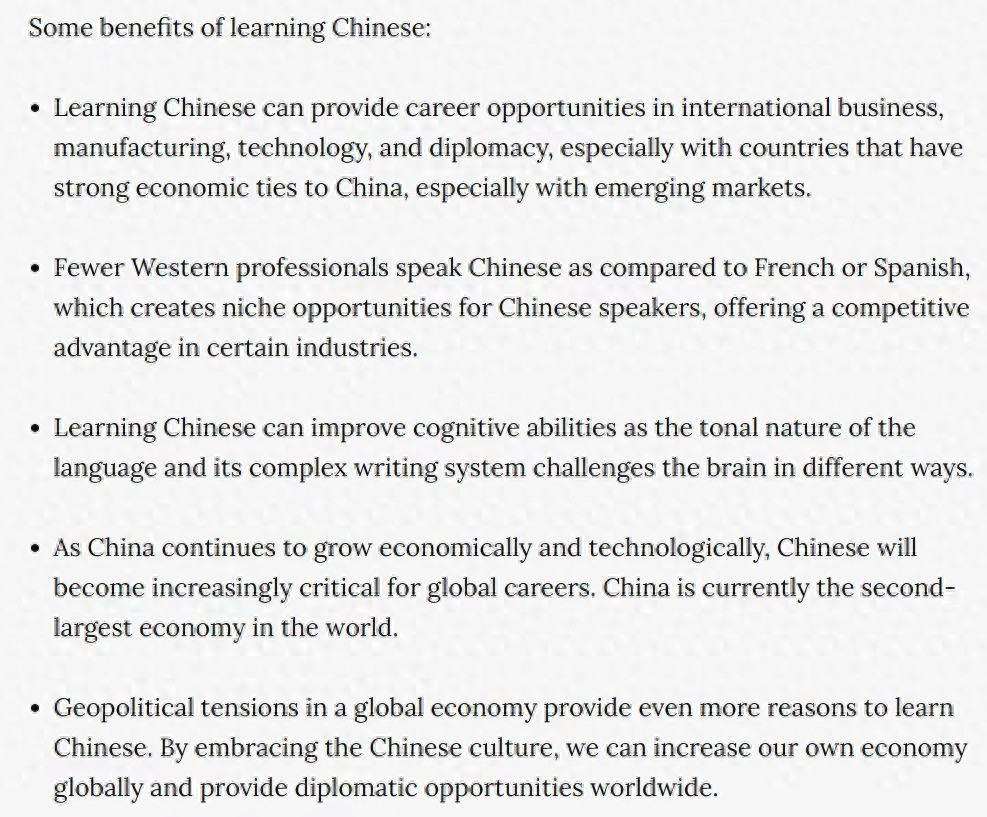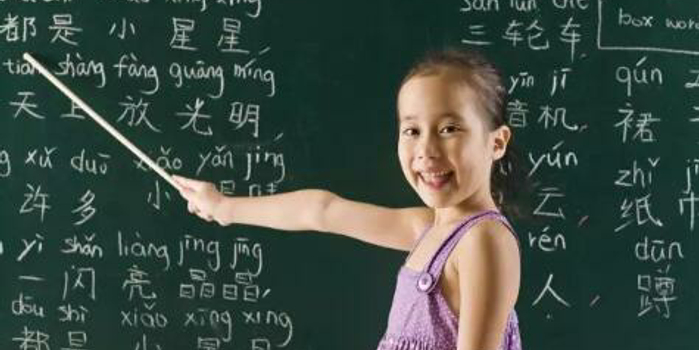This is a true story.
I’m a Russian girl, and my Chinese name is Crystal. I’m currently a second-year graduate student at Beijing Normal University.
Before coming to China, I knew nothing about this country. Choosing to study here opened me up to a variety of cultures. It sounds amazing, but only I know the ups and downs of this journey.
I excelled in my university prep courses and smoothly transitioned to undergraduate studies. But then the pandemic hit, forcing me to return to Moscow for online classes.
Due to the time difference, I had to wake up at 3 a.m. every day to attend classes. Thankfully, I powered through. It wasn’t until my final semester, when pandemic restrictions eased, that I returned to China.
Studying in China has been a fresh and eye-opening experience, and I’ve grown to love it more and more.
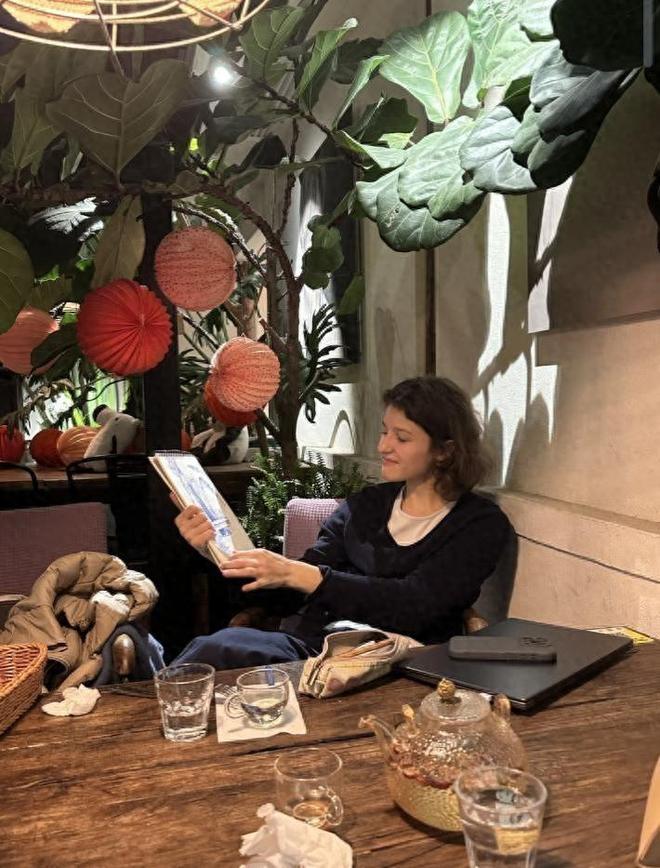
(Meeting up with undergrad classmates)
My name is Kristina, born in May 1999 in Moscow. My father is an engineer, incredibly skilled in all kinds of craftsmanship—a true jack-of-all-trades with a meticulous work ethic. My mother is a psychologist, gentle and endlessly patient. I have an older sister, a younger sister, and two younger brothers.
My childhood was warm and joyful. When my younger sister was born, my mother took me and my older sister to our grandparents’ countryside home. There was a small wooden house surrounded by a garden full of vegetables and flowers, nestled in lush forests.
My sister and I would spend days picking mushrooms and berries in the woods, and evenings singing and playing guitar with our grandparents, the yard filled with laughter. Those simple, happy days remain cherished memories.
In Russia, education from elementary to high school spans 11 years and is free. Students are evaluated not just on exams but also on class participation, homework, lab work, and competition results.
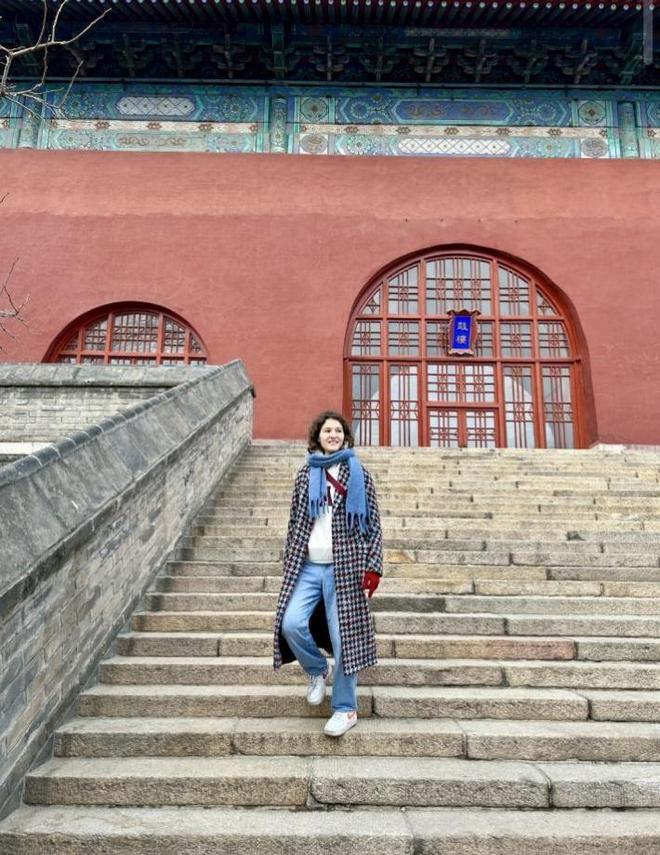
(Visiting my favorite Drum Tower with my sister)
Even if some students struggle academically, Russian teachers remain unbiased, patiently explaining concepts until students fully understand.
Our grading system uses a 5-point scale: 1 is failing, 2 is poor, 3 is average, 4 is good, and 5 is excellent. I usually scored between 4 and 5.
Starting in first grade, we studied English. For me, learning English was a struggle, and even now, I haven’t mastered it.
Luckily, my mother never obsessed over grades. Instead, she inspired us with stories, encouraging us to bravely explore new things.
Influenced by her, I developed a deep interest in literature and art, taking up sketching, painting, and sculpting outside of school.
I feel fortunate to have such wise parents who respected our individuality and never forced us to do things we didn’t love, shaping my optimistic and confident personality.
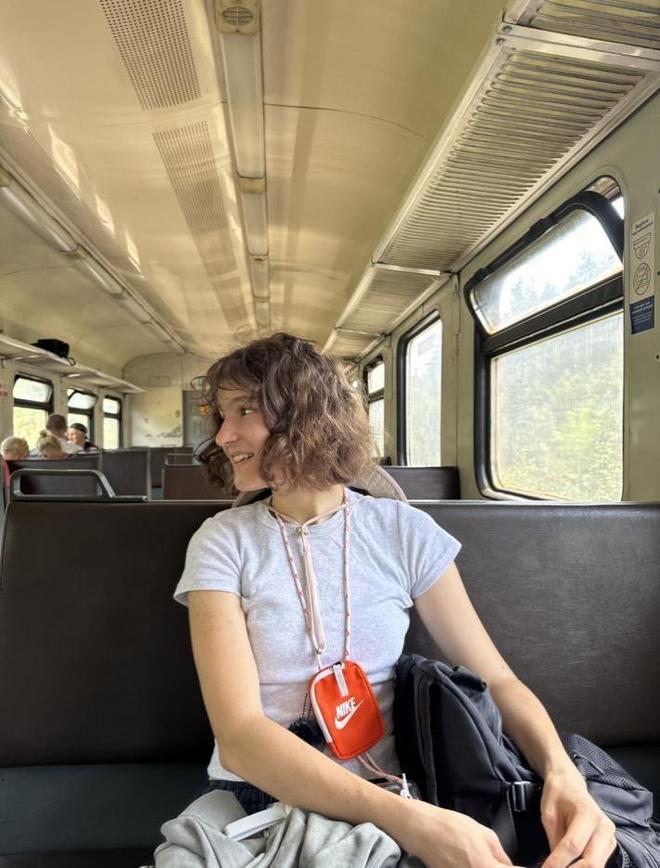
(Returning to our countryside house in Russia to enjoy nature)
After high school, I took Russia’s college entrance exams, which differ from China’s and run from late May to mid-June for about a month. Besides mandatory Russian and math, other subjects depend on university requirements.
Thanks to my excellent scores, I earned a scholarship to Beijing Normal University. As long as I maintained good grades each semester, my tuition was waived—a privilege reserved for top students.
In September 2018, I arrived in China to start my prep year at BNU. The campus’s beauty immediately struck me—green, vibrant, and brimming with cultural energy.
The university has academic buildings, cafeterias, dorms, a library, and an international student office always ready to help with any issues.
I was amazed by the library—bright, spacious, and a joy to study in.
At first, I struggled to adjust to the new learning environment and felt incredibly nervous.
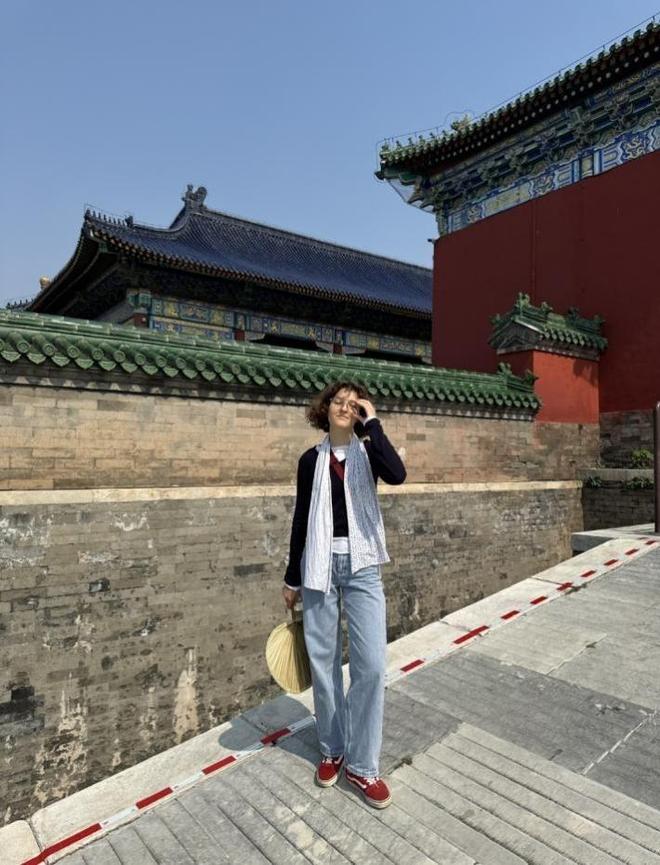
(Taking my sister to the Temple of Heaven to see traditional Chinese architecture)
During my first Chinese class, I couldn’t understand the teacher’s lessons or teaching style, leading to plenty of awkward misunderstandings. But instead of scolding me, the teacher patiently corrected my pronunciation, and I felt the warmth of Chinese hospitality.
Outside of class, the school organized meaningful cultural activities to deepen our understanding of China. Everyone had a chance to showcase their talents.
I also noticed how strict the school was, with structured schedules. Most students worked hard, and the competitive exam pressure was intense. They firmly believed in “you reap what you sow,” reflecting the Chinese people’s diligent and hardworking spirit.
Originally, I planned to focus solely on learning Chinese, but six months in, love unexpectedly came knocking. Through a language-learning app, I met a Chinese boyfriend. At first, we texted about everything.
I was thrilled, but as we met more often, I realized we could barely communicate.
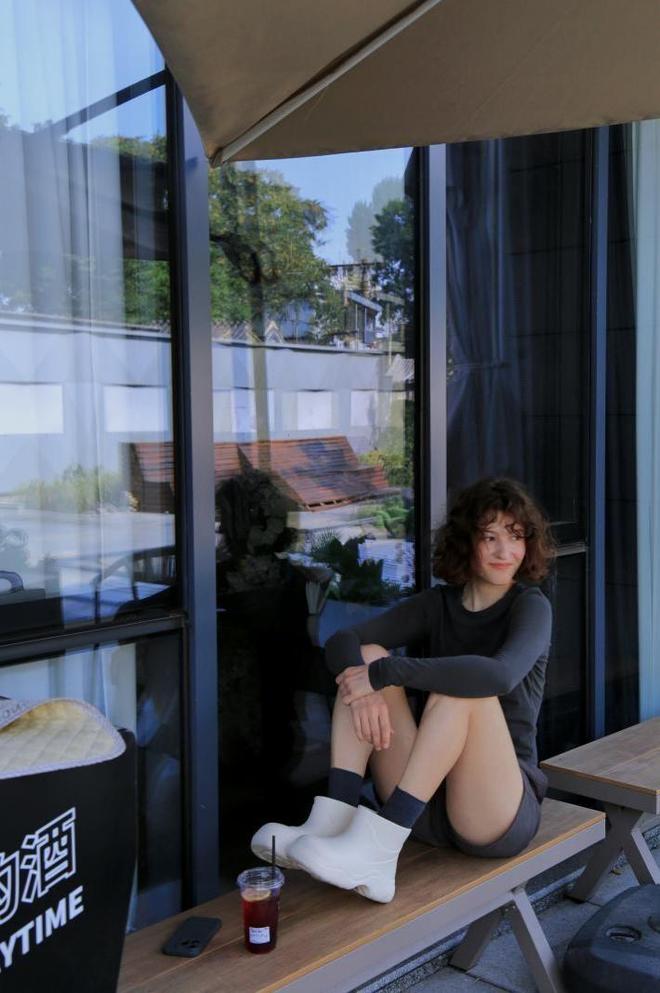
(Hanging out with Beijing friends in the summer)
My Chinese wasn’t strong, and he wasn’t fluent in Russian, making deep conversations difficult. He mistakenly thought I was closed-off, and we eventually parted ways.
I felt heartbroken but threw myself into my studies, deciding to wait for the right time to date again. Though Chinese was challenging, it felt easier than Russian. Immersed in the language environment, I picked it up quickly.
Hard work paid off—in 2019, I passed the HSK5 Chinese proficiency exam.
The exam tests listening, reading, and writing and is quite challenging. Fortunately, my thorough preparation paid off, and I passed. I excelled in my prep courses and smoothly entered the undergraduate Chinese Language program.
Through this process, I grew more mature and confident, making many Chinese friends and feeling a strong sense of accomplishment. But then COVID hit, forcing me back to Moscow for online classes, which was disheartening.
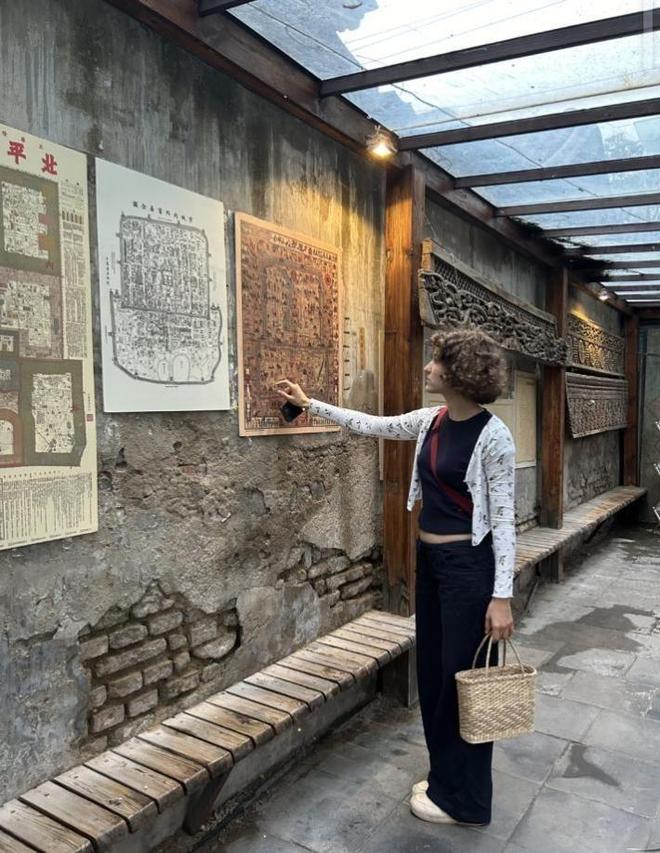
(Exploring Beijing’s history)
With a five-hour time difference, I had to wake up at 3 a.m. for my first online class. Teachers diligently reminded me to attend on time.
Those days were tough, sometimes so stressful I nearly broke down, and my health took a hit. Still, I persevered.
Chinese culture is profound, and compared to its richness, these struggles seemed minor. I didn’t want to waste my three precious years of study, so I adjusted my mindset and dove back into learning Chinese.
In 2022, I passed the HSK6 exam and competed in the Chinese Bridge dubbing competition, earning second place worldwide.
Through three years of online learning, I truly understood the saying “perseverance leads to victory,” which became my life motto.
In March 2023, as China’s pandemic restrictions eased, I flew back to finish my final undergraduate semester.
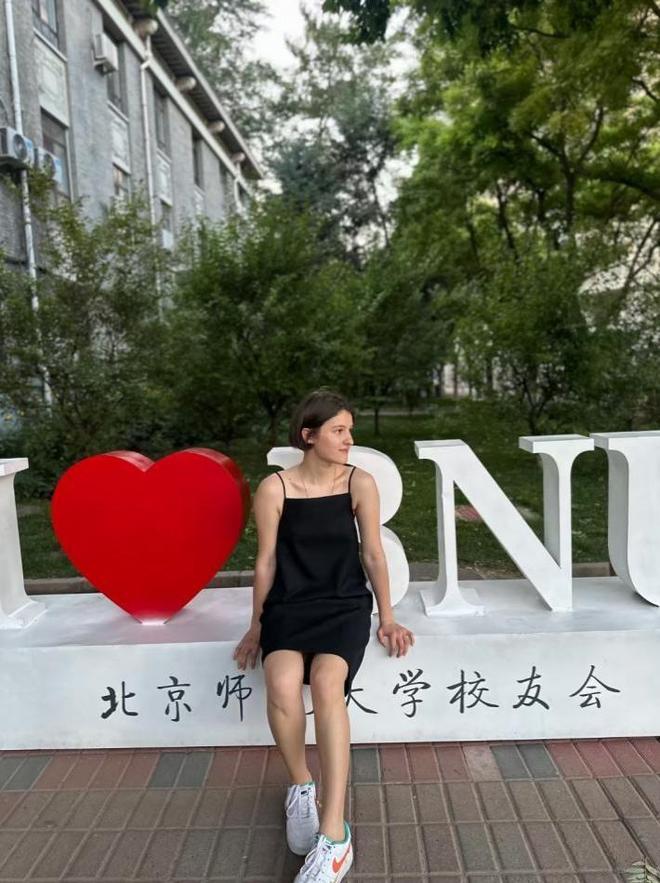
(Attending a Beijing Normal University alumni event)
Beyond excelling academically, I filmed a tea-picking documentary in Guizhou and spoke as the outstanding international student representative at graduation.
During breaks, I traveled to see China’s sights—Xi’an’s Terracotta Warriors, Beijing’s Tiananmen Square, Summer Palace, Yonghe Temple, Yanbian in the Northeast, Tianjin, and more.
Seeing the grandeur of the Terracotta Warriors, I marveled at Xi’an’s historical and cultural depth. The city boasts rich attractions like Huaqing Palace, Big Wild Goose Pagoda, and Small Wild Goose Pagoda.
Immersed in classical Chinese architecture, I found inner peace and countless new experiences.
Compared to Northeast China’s cold, Moscow’s winters are harsher, dipping to -30°C for about three months, though heating keeps us cozy.
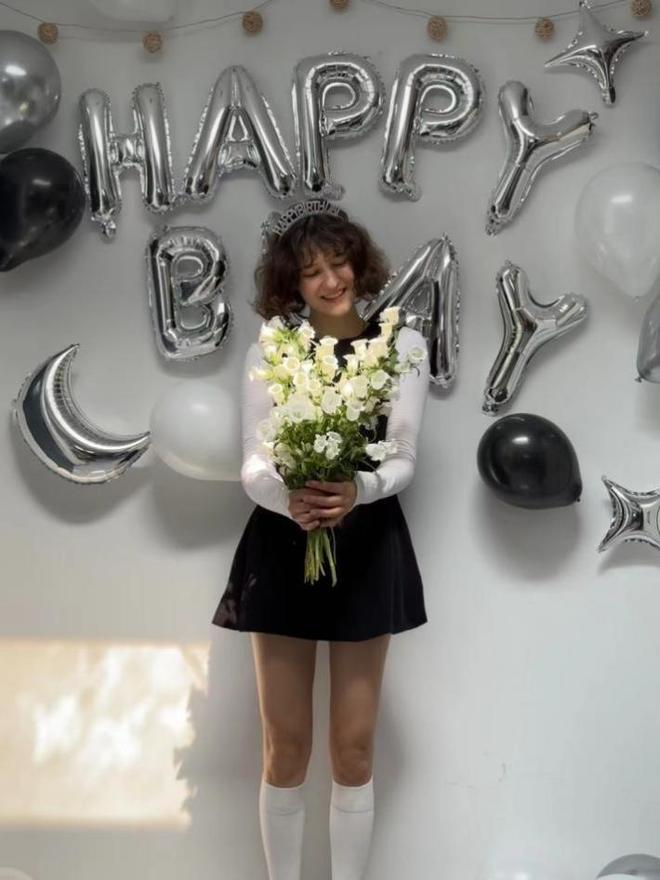
(Celebrating my 25th birthday)
In some Russian regions, snow never falls, while others barely have a summer. Compared to Beijing, it’s quite different. Walking between China’s ancient capital and modern cities, I feel its diverse cultures are beautifully preserved.
What amazed me most is China’s rapid development. You visit a place with nothing, and the next time, there’s suddenly a bridge—it’s almost magical.
While traveling, I snap photos of scenic spots to share with friends, helping them see China more fully. Inspired by me, my younger sister grew fascinated with Chinese architecture. I took her to nearby Beijing attractions, and she couldn’t stop saying, “Wow, wow!”—it was truly stunning.
Living in Beijing, I’ve noticed cultural differences between China and Russia. Chinese people are incredibly hardworking, often working six or seven days a week, sometimes voluntarily taking on overtime. I’m amazed and have deep respect for their dedication.
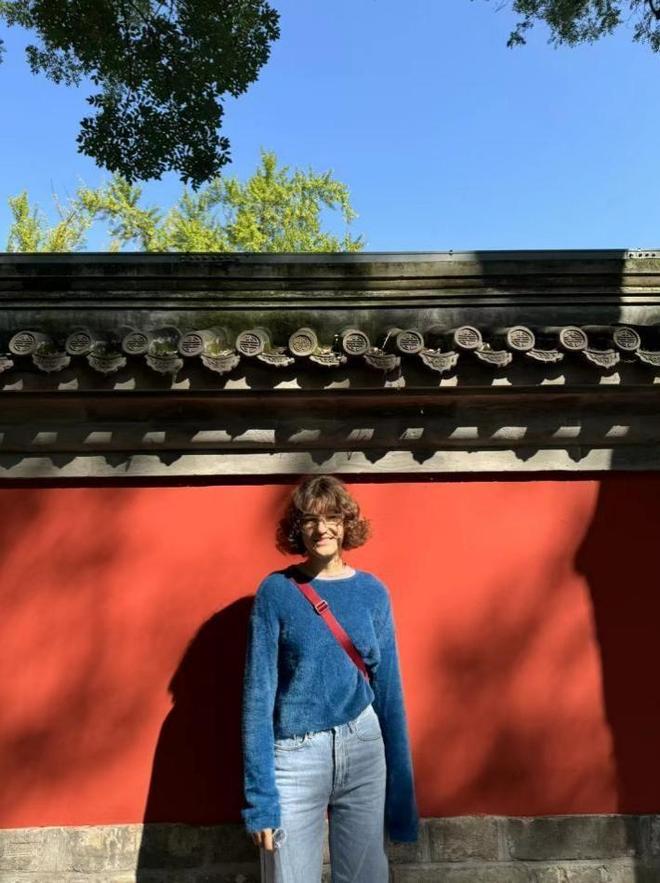
(Visiting attractions near Beijing)
In Russia, weekends are typically Saturday and Sunday, and overtime is regulated. By law, companies must pay extra for overtime, and employees get paid vacation during holidays, which boosts motivation.
Chinese and Russian people differ in personality and eating habits. Chinese tend to speak more tactfully, valuing harmony in communication.
Russians can be more direct, expressing opinions openly, though this varies by person and situation.
Since much Chinese food is sweet or spicy, I can’t resist trying it, though it sometimes challenges my skin. Still, experiencing China’s rich food culture makes me happy.
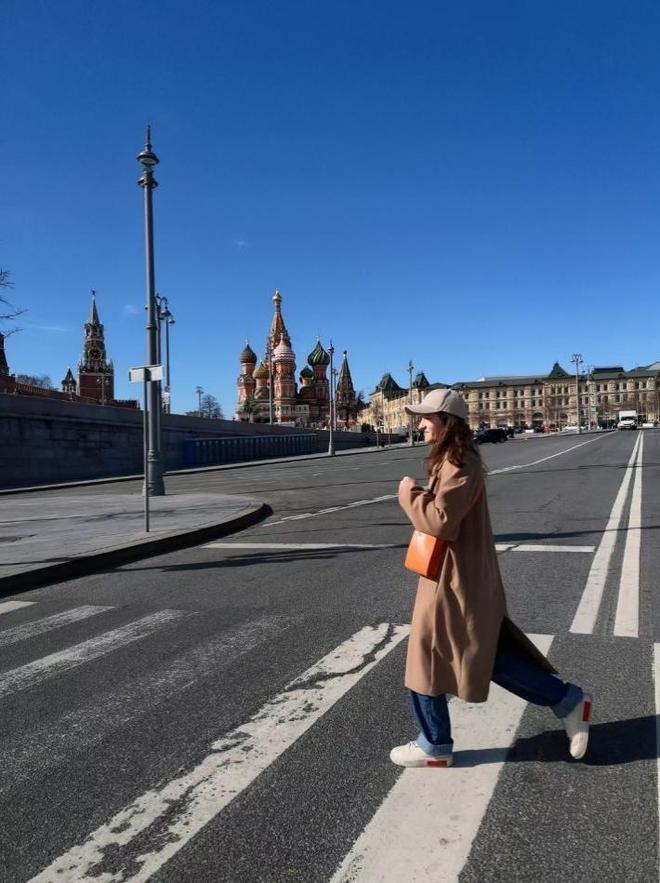
(Moscow’s streets)
Every now and then, I indulge in hotpot, skewers, or roujiamo. I’ve grown to love spicy flavors, so much so that back in Moscow, I miss Chinese cuisine.
I’m currently a second-year grad student at Beijing Normal University, studying children’s literature. Moving forward, I hope to promote cultural exchange between China and Russia, contributing to both countries’ growth.

